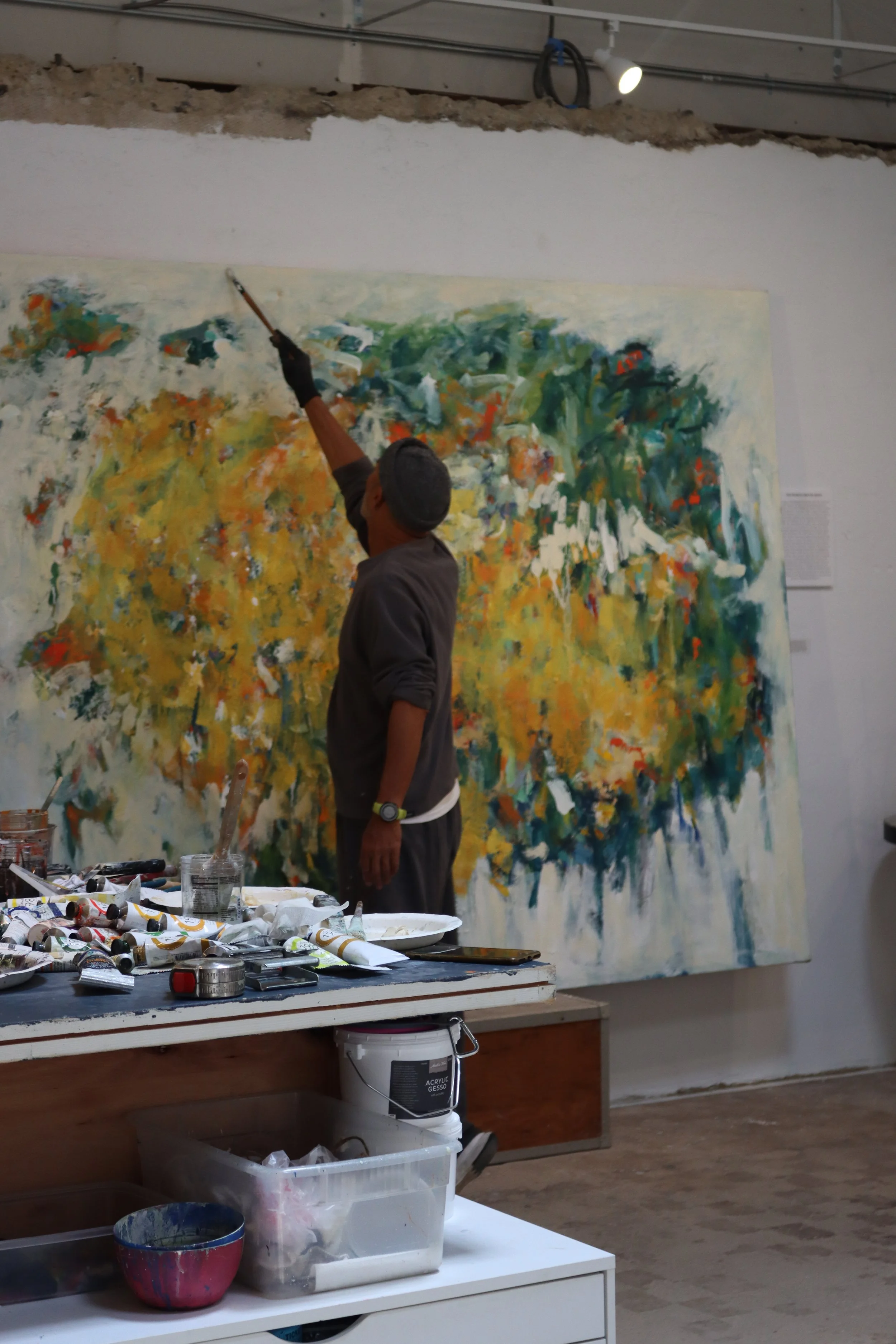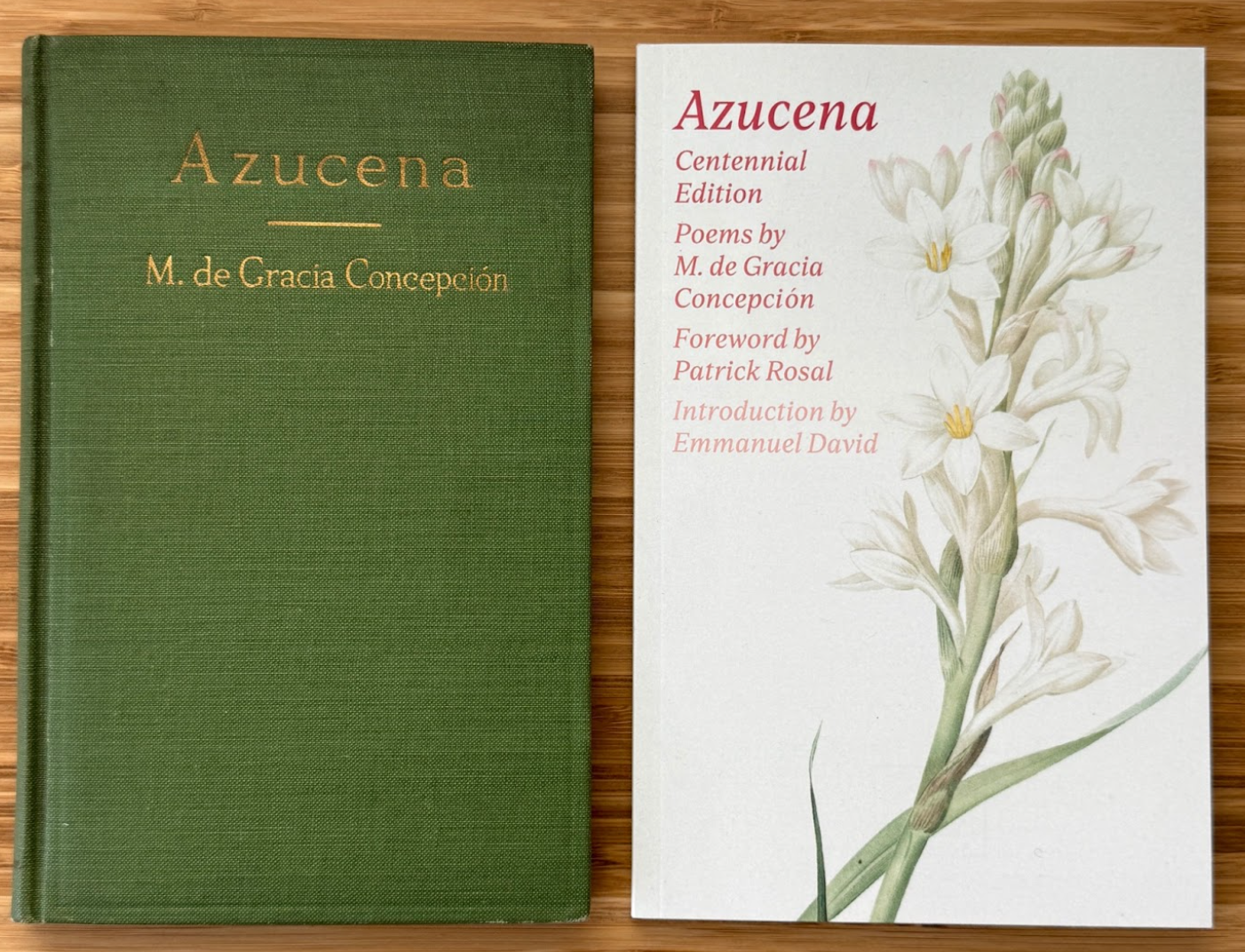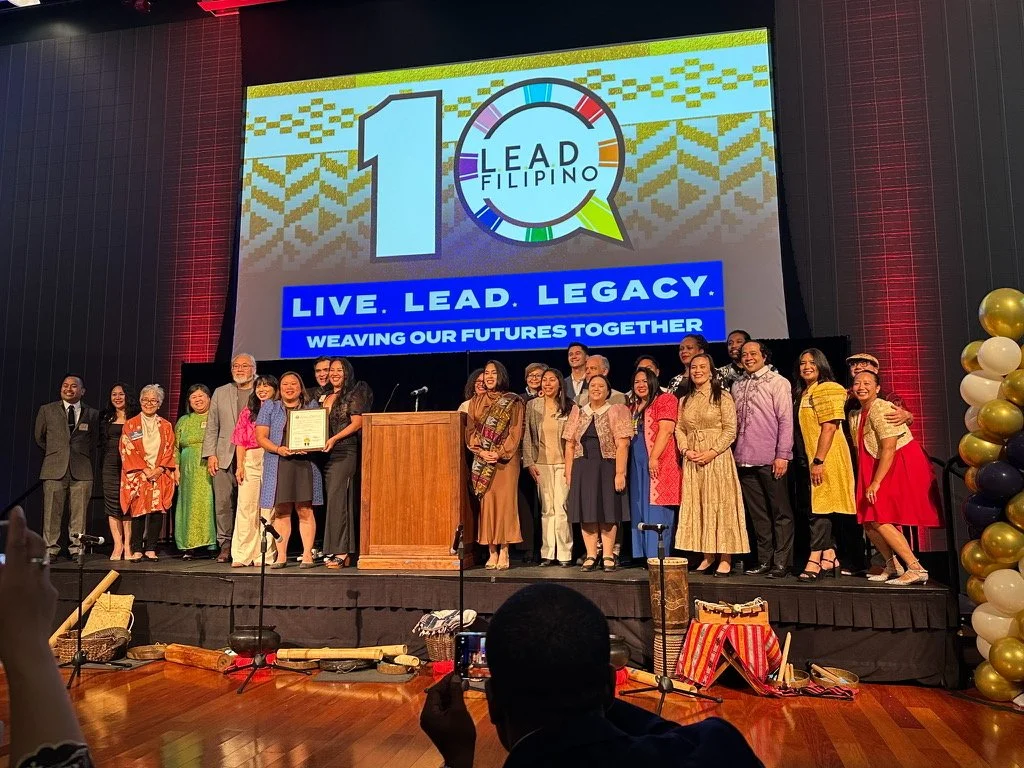Starving Our Own Power: Why Filipino And Filipino American Nonprofits Keep Getting Left Behind
Our most vital Filipino-led organizations are running on scraps. How we can show up before they disappear.
Written By Clifford Temprosa
Filipino nonprofits are fueling change but funders still treat them like an afterthought.
Across the country, Filipino-led organizations are running legal clinics, feeding entire neighborhoods, mobilizing voters, and building power in silence. They are first responders to crises, defenders of the undocumented, caretakers of culture, and often, the last line of support for communities abandoned by systems.
But here’s the brutal truth: They’re doing it on shoestring budgets, unpaid labor, and unsustainable hope.
Philanthropy loves to celebrate impact. Donors love to take their photo ops. But when it comes time to invest in the organizations creating it, Filipino nonprofits are too often excluded, ignored, or forgotten.
This is not just a funding gap. It’s a reflection of systemic erasure, and community neglect, and performative accountability.
Behind the Curtain: Why Aren’t We Being Funded?
Despite the rhetoric of equity, Filipino nonprofits face structural and cultural barriers that keep them chronically underfunded. Let’s be honest about what they are:
Erased in the Data
We’re lumped under “Asian” or “Other” categories, statistically invisible. Without disaggregated data, our communities’ needs are undocumented, our impact is uncounted, and our funding cases are deemed - unsubstantiated. No data means no dollars.
Left Out of Donor Circles
Philanthropy is still built on proximity. Who you know, who vouches for you, and whose networks you’re in. Filipino nonprofits are rarely in those rooms. Even fewer are invited to speak.
Under-Resourced, Over-Demanded
We’re expected to deliver high-impact programs with no fundraising staff, no development strategy, and no support for infrastructure. Grantmakers want polished proposals but rarely fund the training, time, or people to write them.
Our Own Silence
This one hurts but it must be named. There is a deep cultural hesitation among many Filipinos to ask for help, especially for something as “unseen” as nonprofit work. We give quietly. We serve without expectation. And in many cases, we underestimate the urgency to invest in our own.
Many of us still see nonprofits as mere charity, and not strategy.
Too often, mission-driven organizations are viewed as “volunteer work” or “kawang-gawa” rather than essential civic infrastructure. We honor them with praise but not with funding. We support them in times of disaster but not as long-term builders of equity, power, or systemic change.
Let’s Name It: We Can’t Build Movements Without Our Own People Showing Up
We don’t just face barriers from institutions. We face extreme apathy from within.
Too many Filipino-led nonprofits collapse not because they lack vision, but because they lack backing from the very communities they serve.
We’ll give to schools, to churches, to disasters, but nonprofit advocacy? Too political. Too niche. Too uncomfortable.
We celebrate our nurses and our entrepreneurs, but ignore the Filipino organizers defending our elders, housing our kababayans, and fighting for justice on every front.
We show up for Filipino pride, but fall silent when asked to show up with our wallets.
The result? Our nonprofits are expected to perform miracles while begging for scraps.
That’s not a funding gap. That’s abandonment.
This Is the Cost of Underfunding Our Power
Every time a Filipino nonprofit folds due to lack of funding, we lose more than a tax-exempt entity. We lose:
Language access for seniors
Deportation defense for families
Healing spaces for queer youth
Voter turnout in battleground districts
Intergenerational knowledge, care, and connection
When funders bypass us, when our own kababayans don’t see the value in giving to community-led work, we are left vulnerable. We cannot organize from the margins if we’re being buried by them.
The Blueprint: Fund Us Like You Mean It
If you care about equity, Filipino nonprofits must be more than an afterthought. Here’s what must change:
Fund Our Infrastructure, Not Just Our Programs
We can’t keep applying for grants with no paid development staff, no admin support, and no mental health care for burned-out leaders. Invest in capacity. Fund the bones, not just the body.
Make Funding Multi-Year, Flexible, and Trust-Based
Short-term, restrictive grants don’t build sustainability. Filipino nonprofits need breathing room, not bureaucratic hoops. Fund us to lead, not to report.
Philanthropy Must Learn Our Language. Literally and Culturally
Hire culturally competent grant officers. Support Tagalog, Ilocano, Visayan, and other language access. Understand our interdependence, our hesitations, and our histories.
Filipinos Must Fund Filipinos
This isn’t someone else’s job. It’s ours. We must normalize giving to Filipino-led nonprofits, not just in crisis, but in commitment. Invest in the orgs doing the invisible, essential work.
Funding Filipino Work Is Not Charity. It’s Strategy. Fund Filipino Power, Not Just Filipino Pride
If you want lasting impact? Fund the people already creating it. If you want strong democracies, healthy communities, and generational healing? Fund Filipino-led solutions.
We cannot celebrate Filipino excellence while starving Filipino infrastructure. We cannot keep romanticizing our resilience while refusing to invest in our survival. Filipino nonprofits are not a side story. They are central to the fight for equity, visibility, and justice in America.
So let’s stop asking why Filipino nonprofits can’t fundraise. Start asking why we’ve allowed systems, and sometimes our own communities, to devalue them for this long.
Philanthropy must do better. But so must we. Because funding Filipino-led work is not just about inclusion. It’s about building the future, on our terms.
This isn’t about guilt. It’s about power. It’s about breaking the silence. It’s about finally seeing our nonprofits not as side projects, but as strategy.
This is not charity. This is reparative. This is strategic. This is power redistribution.
The next generation of Filipino leaders is already here. Don’t just clap for them. Fund them. Follow them. Fuel them. Because kung hindi tayo, sino pa? If not us, who? If not now, when?


































When the Avengers: Doomsday one-year countdown dropped, audiences didn’t just watch. They paused, replayed, shared, and even speculated about hidden messages. A week later, the clip surpassed 14 million views, becoming a viral moment picked up across major media outlets that fueled anticipation for the next chapter of the Marvel Universe.
The countdown video was the result of a collaborative effort led by AGBO and its studio partners. Supporting the marketing team as a contracted editor was Joshua Ortiz (@joshuajortiz), a Filipino American filmmaker whose career has steadily built toward opportunities to contribute to projects of this scale, alongside earlier success with the short films he has written and directed.